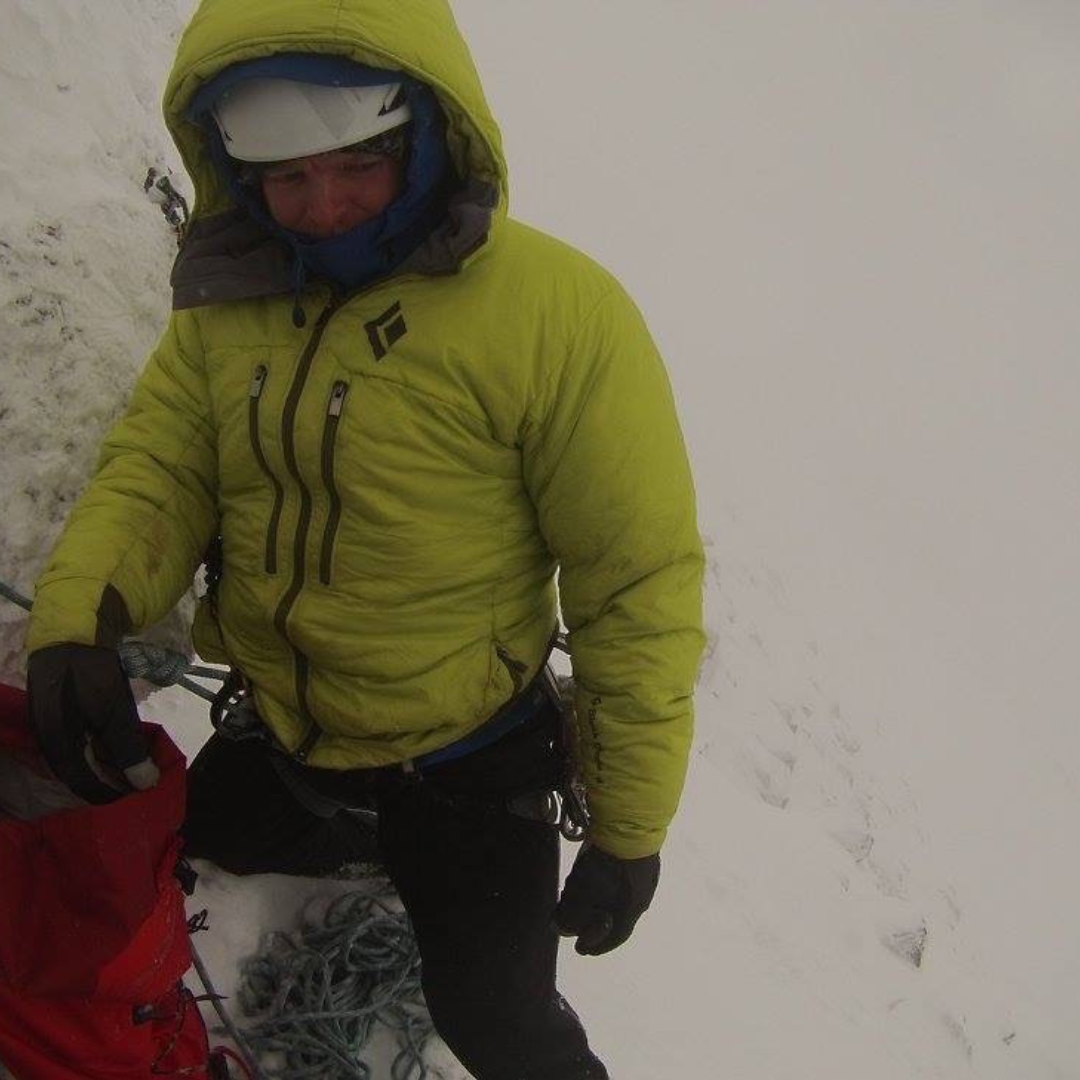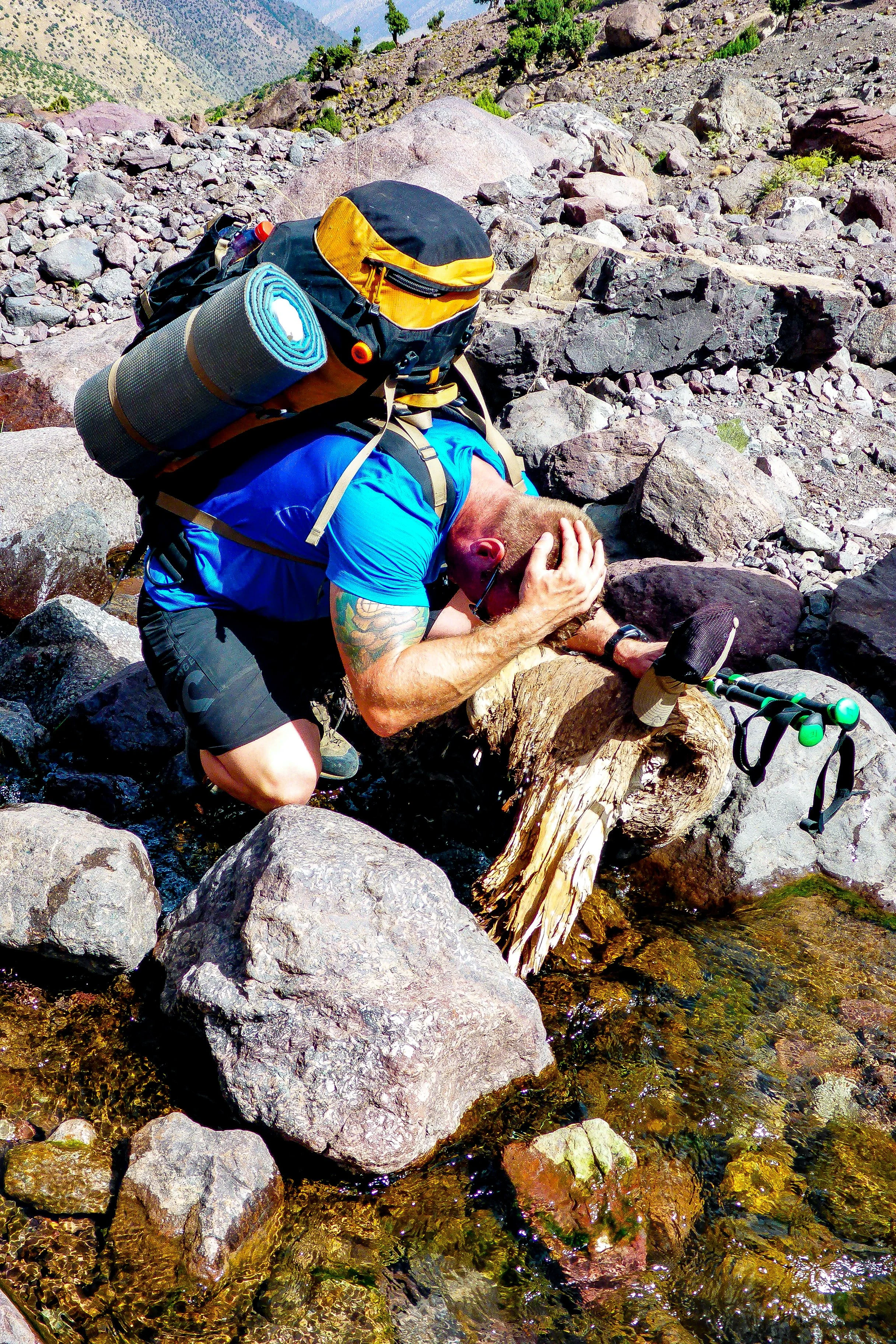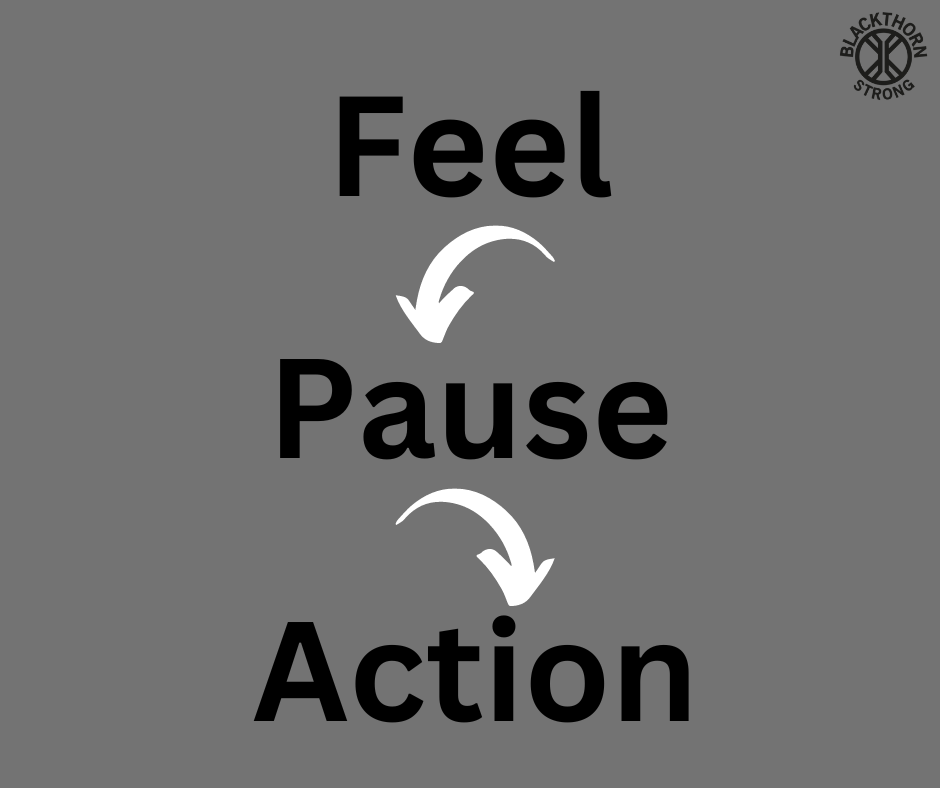Imposter Syndrome
The Adventure Industry is full of people suffering from imposter syndrome. In fact, I think the combination of a vertical qualification system (to which people often attach their own self-worth), the fact that you are often judged based on your own personal ability / achievements in your chosen modality, the “adventure ego” that we all know and an industry that is actually very small breeds imposter syndrome.
Most of us have suffered from it at some point and if you haven’t, you will know someone who has. But what can we do about it?
What is Imposter Syndrome?
The term first appeared in 1978 in a research article by Dr Pauline Clance and Dr Suzanne Imes. It was originally called “imposter phenomenon” but imposter syndrome has become the normally used term. Although the word “syndrome’ suggests a medical condition, it is not. Rather, it is a Cognitive Distortion, a thought that causes a person to perceive reality inaccurately and irrationally. It is a negative pattern of thinking that can be addressed.
Imposter Syndrome is a self - inflicted feeling, but as we all know, feelings are a very powerful thing and can become all-encompassing if we do not get them into check.
What does it feel like?
Imposter Syndrome is a disconnected feeling, as if you are on the outside looking in. It is the feeling that the others have a right to be there, but you don’t. You feel as though you are merely surviving rather than thriving, that if you stop doing your utmost to just stay upright, you will knocked down and kicked out. We see this a lot in the Adventure Industry on training and assessment courses, where candidates compare themselves others, or feel as if they are not good enough to be there and in recently-qualified professionals, who in their early days of working with their qualification feel utterly unworthy and undeserving of being there.
It often leads to professionals only seeking work below their ability levels, or choosing isolated venues to work for fear of being judged by other professionals, of not attending training events or CPD workshops and, as a result, stagnating or completely halting their own professional development. Imposter syndrome can not only hold people back, it can cause a great deal of anxiety and stress to those who suffer. But: don’t be mistaken for thinking that it is only you, even Albert Einstein suffered from imposter syndrome (“The exaggerated esteem in which my lifework is held makes me very ill at ease. I feel compelled to think of myself as an involuntary swindler”)!
What happens if I do nothing?
If you leave these feelings unchecked, the consequences can be grouped into three categories:
Hide-Away
When you are constantly doubting yourself and living in fear of being discovered as undeserving of being there, you may react by keeping your head down, attempting to just blend in and agreeing with people rather than speaking up with your ideas. You may even avoid new opportunities or networking events. You won’t voice or show your achievements because yoou think (wrongly) that this would be arrogant.
Worn-Down
Trying very hard to please, or to do everything perfectly is a huge marker of imposter syndrome. Setting ridiculously high standards for yourself for fear of falling short and being seen as a fraud over and over again will ultimately wear you out.
Blow Up
You become a pressure cooker, with lots of bottled up, suppressed, emotions. Clearly this isn’t good and as the pressure builds and builds these feelings have no way of getting out, until something goes wrong and the whole thing blows up. This can look like an angry eruption during a meeting, slamming a door in dramatism, resigning from your job in bad temper and so on.
What can I do about it?
There’s no quick fix. From an evolutionary psychology point of view, many of our negative thoughts are there to protectus from a percieved danger or risk. Self-doubt (in a healthy amount) can prevent us from running headlong into a dangerous situation.
But: Self-Doubt and Imposter Syndrome is little more than fake news.
Firstly, we need to take responsibility for our feelings, to bring them into our consciousness and recognise what they are and what they are doing. Acknowledge them and pay attention to them. Notice them when the present and, instead of making a quick, knee-jerk or insticitve dcision based on them, press pause and consider what to do next.
Once you realise that you have the ability to press pause, and then use this, the feeling of relief can be indescribable.
Of course, pressing pause is an easy thing to say and a much harder thing to do! It takes a considerable amount of practise.
Giving yourself an action during the “pause” phase, the action of rational questioning. So, when you feel something that is negative, press pause by asking yourself ratinal questions abiout the feeling.
Here’s an example:
Feeling: “I feel like a useless pretender in a world of impressive professionals.”
Rationality: “Are you useless? Can you think of a time when you weren’t? Are you a pretender, or are you qualified and experienced enough to be here? What defines the word “professional?”
Then ask yourself: “How useful is this feeling? Is it protecting me from something or is it jus holding me back?”
Then make a decision and proceed. Of course, this feels like a laborious process, but after afew times around you will find it takes seconds in your mind and will become a very helpful, and empowering, habit.
Like many Cognitive Distortions or limiting beliefs, knowledge is power. By educating yourself about what is happening and taking ownership of its resolution you can take back control over your own mind and thoughts, rather than feeling like a slave to your own feelings. After a time, you will feel confident enought to talk to others about imposter syndrome and will likely be very surprised by how many people (including those you looked up to) have suffered form the same thing!





